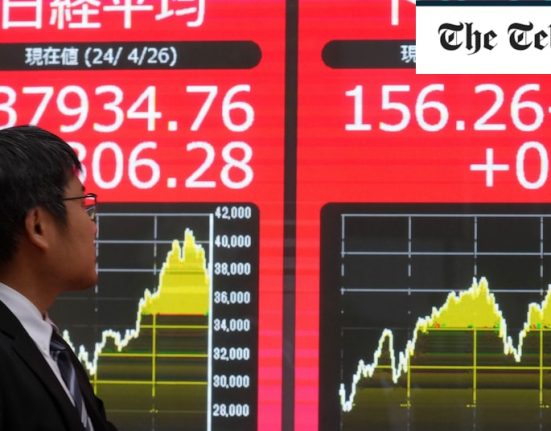The Saudi-based International Islamic Trade Finance Corporation (ITFC) will lend debt-ridden Tunisia 1.2 dollars to help state firms import raw material, Tunisia’s economy ministry said in a statement Monday.
The loan, payable over three years, will enable Tunisian state-owned companies to help cover the cost of imports such as “crude oil and petroleum products”, according to the statement.
Tunisia, whose debt currently hovers around 80 percent of its GDP with a yearly inflation averaging up to 10 percent, heavily relies on imports for food and energy.
The North African country entered a recession in the second half of 2023 with a 0.4-percent economic growth for the year.
Economists forecast a two-percent growth this year.
Advertisement – Scroll to Continue
The loan deal, to be paid back over three years, was signed on Sunday in Riyadh by Tunisian Economy Minister Feryel Ouerghi and Hani Salem Sonbol, the CEO of the ITFC which is a member of the Islamic Development Bank Group.
Tunisia, also a member of the IDB, controls over 100 public companies and subsidises several essential products such as fuel and basic foodstuffs like sugar and cereals.
State-owned companies that will benefit from the loan include Gafsa Phosphate Company, a former flagship of the Tunisian economy that has seen its production collapse since the 2011 revolution due to a lack of investment and bouts of social unrest.
Advertisement – Scroll to Continue
Tunisia has endured years of economic hardship made worse by the coronavirus pandemic and the fallout from Russia’s invasion of Ukraine.
It has been also beset by political tensions since President Kais Saied granted himself full powers in July 2021.
Last February, parliament passed a controversial amendment allowing Tunisia’s central bank to finance the public budget with an interest-free loan of seven billion Tunisian dinars ($2.2 billion).
Advertisement – Scroll to Continue
In October 2022, the International Monetary Fund agreed in principle to lend Tunisia around $2 billion, but President Kais Saied later rejected it on the grounds that the reforms it required in return were not sustainable.
ayj-kl/fka/bou/hkb







